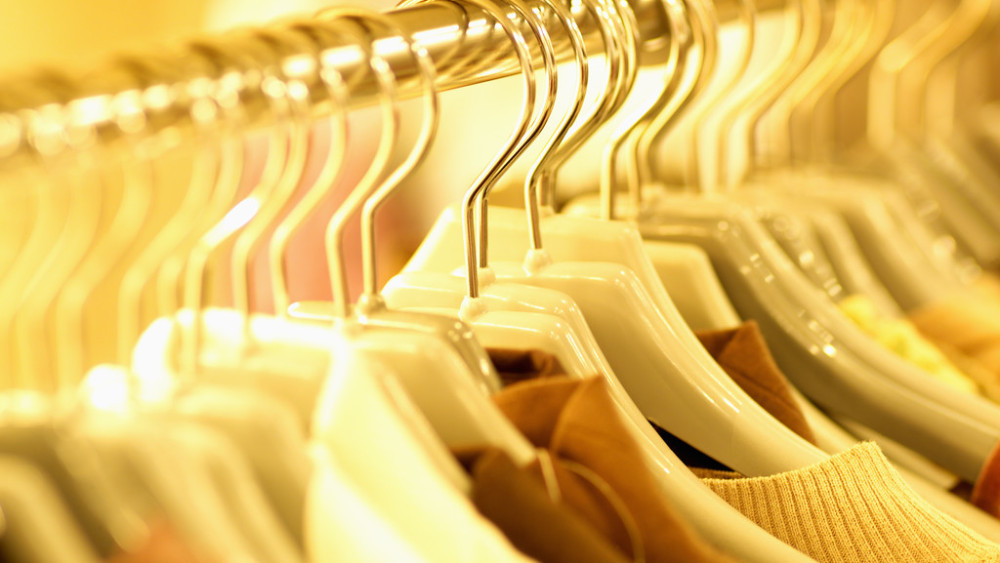A 501(c)(3) organization can lose its tax exempt status if earns excessive income from a regularly carried on trade or business that is not substantially related to its tax exempt purpose. The controlling law for this is found under IRC Sections 511 through 515 and the applicable treasury regulations. The treasury regulations provide good context regarding the primary objective of the applicable statutes and the definition of “trade or business”.
The primary objective of the unrelated business income tax is to eliminate a source of unfair competition by requiring the same tax basis as nonexempt businesses whenever a tax exempt entity engages in business activity defined under IRC Section 162. For purposes of IRC 513, the term “trade or business” has the same meaning it has in IRC 162. “Trade or business” generally means any activity carried on for the production of income from (i) selling goods or (ii) performing services.
More simply, a tax exempt organization would be unfairly advantaged if it could engage in business activity and not be taxed in the same manner as a commercial business. Therefore a tax is imposed under IRC 513 when a nonprofit engages in commercial activity. There are also two IRS publications concerning the unrelated tax provisions. Publication 598 discusses the applicable statutes on unrelated business tax and Publication 1018 provides guidance on how the unrelated business tax applies to churches and church organizations.
To determine whether a tax exempt organization is subject to the unrelated business income tax UBIT, a three part test is first applied. Three conditions must be met before the tax exempt organization’s activity will be construed as unrelated business activity under IRC 513.
- The activity must be a trade or business;
- The trade or business must be regularly carried on; and
- The trade or business must substantially unrelated to the entity’s tax exempt purpose.
If all three conditions are present, then under IRC 513(a) (1) we look to see an exception to the rule applies:
One exception involves volunteer labor. An unrelated trade or business does not include any trade or business where substantially all the work is performed for the organization by unpaid volunteers. For example, in St. Joseph Farms of Indiana v. Commissioner, 85 T.C. 9 (1985), a religious organization operated a farm and sold the food commercially. The farm was operated entirely by unpaid volunteers. The court ruled that the farming operation was an unrelated trade or business, but because the farm was operated by persons who received no compensation for their farming services, there was no unrelated business tax liability.
Other exceptions to the rule include the “convenience exception” under IRC 513(a)(2) and Regs. 1.513-1(e)(2) which provides that any trade or business carried on by a 501(c)(3) organization for the convenience of its members is not an unrelated trade or business and donated merchandise that is sold by the tax exempt organization is another exception.
It is important that any organization that needs assistance on UBIT issues consult with a lawyer, accounting professional or tax advisor. This information is not legal advice. Please, contact our office at info@scottpractice.com if you request assistance.





Comments are closed.